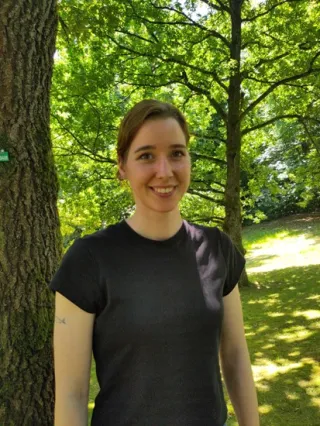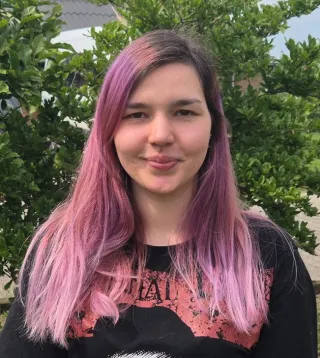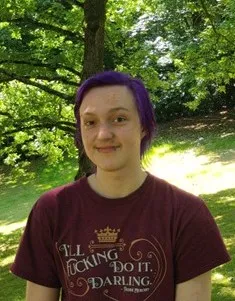Bachelor 2 subject
Language processing: Computational Linguistics and Psycholinguistics, Bachelor 2 subject
- How does language processing work in humans (that's what psycholinguistics is about) and in computers (that's what computational linguistics is about)?
- How do you programme a tool like ChatGPT?
- How can large collections of texts (corpora) be used to gain insight into language acquisition, for example?
- How can experiments be carried out to study language and language processing?
- How can statistics be used to analyse language and evaluate experiments?
Profile |
|
|
Degree
|
Bachelor of Arts
|
|
Start
|
Winter semester
|
|
Duration
|
6 semesters
|
|
Classroom language
|
German, English
|
|
Admission
|
Not restricted
|
2-Subject Bachelor Programme |
| This degree programme requires a second subject for which advanced knowledge of German language is mandatory. |
Other degree programs in the subject
rub




